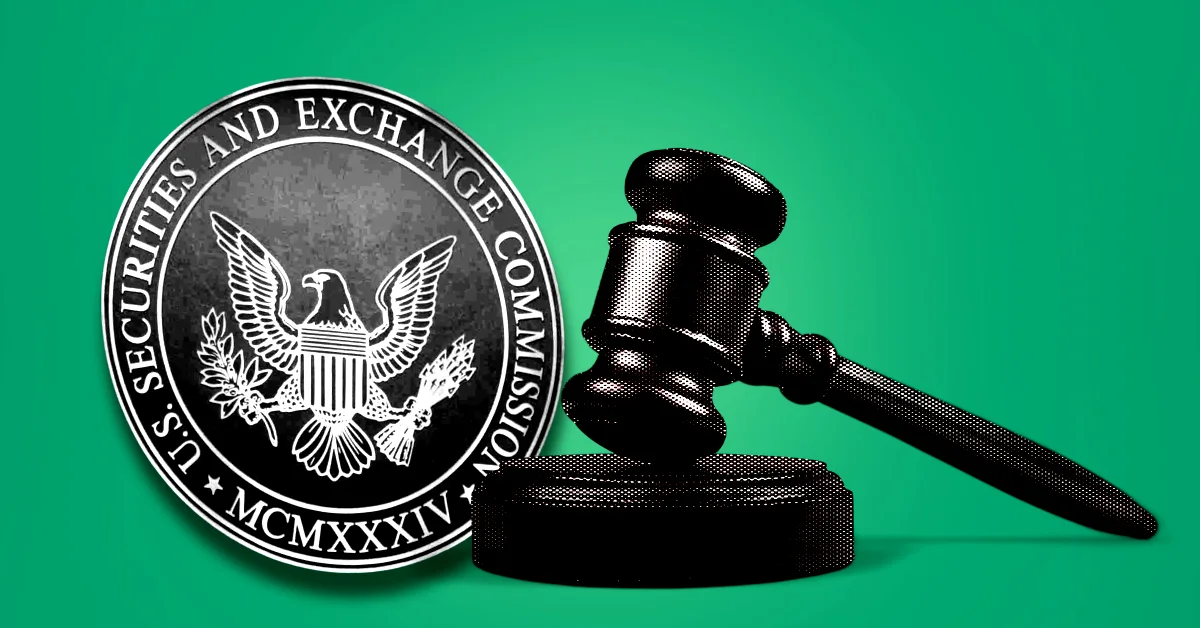
The cryptocurrency market was abuzz with speculation last week that past regulatory actions might be reconsidered, but the U.S. Securities and Exchange Commission (SEC) has unveiled a strategic move that indicates otherwise. In a decisive step towards reinforcing its oversight of the crypto industry, the SEC has appointed Jorge Tenreiro as its Chief Litigation Counsel. This appointment highlights the agency’s unwavering commitment to rigorous crypto regulation and enforcement. Recently, Tenreiro updated his profile to reflect his new role as the SEC’s Chief Litigation Officer, a move that has not gone unnoticed in the industry.
A Tough Enforcer for Crypto
Jorge Tenreiro is known for his assertive approach to enforcing regulations within the cryptocurrency sector. His promotion comes at a pivotal moment as the political landscape in the United States shifts with President-elect Donald Trump’s incoming administration. This change at the SEC’s forefront suggests that Trump’s efforts to position crypto as a prominent investment vehicle in the U.S. might face significant challenges.
Tenreiro’s history with the SEC is marked by his leadership of the Crypto Assets and Cyber Unit, where he managed some of the agency’s most high-profile cases. His involvement in the ongoing Ripple lawsuit, where the SEC claims that XRP constitutes an unregistered security, has cemented his status as a formidable force in shaping crypto regulation. Moreover, Tenreiro spearheaded cases that resulted in a $30 million settlement with Kraken and took legal action against Coinbase, two of the largest crypto exchanges in the U.S.
With his new position, Tenreiro gains greater authority, positioning him as a central decision-maker in the SEC’s approach to future crypto cases. Despite anticipations of more lenient regulations under the Trump administration, Tenreiro’s appointment indicates the SEC’s continued adherence to a stringent regulatory path. His focus is expected to persist on enforcing securities laws, scrutinizing token offerings, initial coin offerings (ICOs), market manipulation, and ensuring compliance across the cryptocurrency ecosystem.
Prominent crypto attorney John E. Deaton has expressed significant criticism of Tenreiro’s elevation to Chief Litigation Counsel at the SEC. Responding to a statement by Ripple’s Chief Legal Officer Stuart Alderoty, Deaton characterized Tenreiro as the quintessential example of a lawyer that crypto firms should be wary of engaging. Alderoty previously advised the crypto community to dissociate from legal professionals involved in SEC lawsuits against crypto entities or those supporting such actions. These comments underscore the escalating tensions between the SEC and the crypto industry as debates over regulatory frameworks and enforcement strategies become increasingly heated.
Ripple Case Sets the Tone
The Ripple vs. SEC lawsuit serves as a pivotal case, not only for Ripple but for the broader cryptocurrency industry. The outcome of this case could set a critical precedent. Should the SEC emerge victorious, it could pave the way for categorizing a multitude of cryptocurrencies as securities, thus subjecting them to more stringent regulatory scrutiny. Conversely, a victory for Ripple might compel the SEC to reevaluate its regulatory stance.
Tenreiro’s leadership in this case and others will be instrumental in determining the future landscape of cryptocurrency regulation in the United States. For the crypto industry, this development offers a blend of opportunities and challenges. While the prospect of regulatory clarity under Trump’s administration could spur innovation, Tenreiro’s leadership suggests that the SEC will maintain vigilant oversight over the industry.
As the crypto world adapts to these regulatory shifts, stakeholders must remain agile and informed to navigate the complexities of compliance and innovation. The unfolding dynamics between the SEC and the crypto industry will undoubtedly shape the future of digital assets in the U.S.






